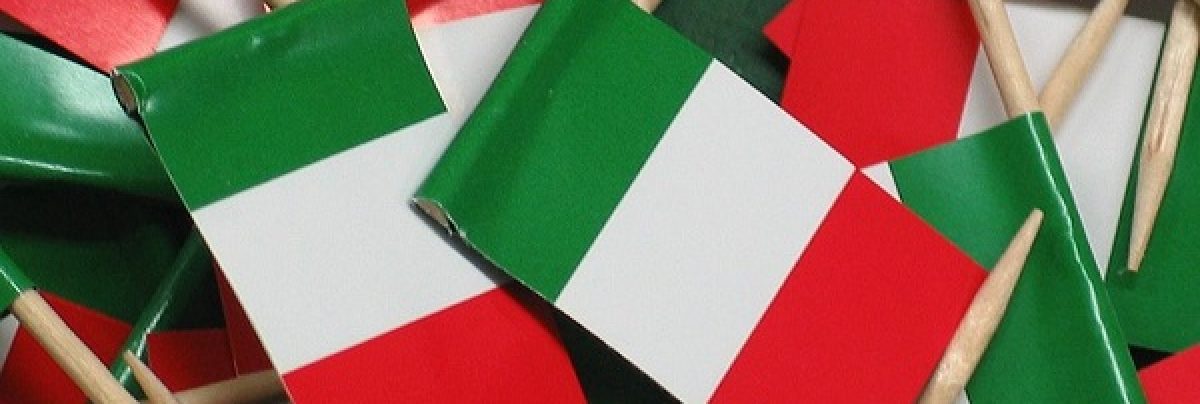7 JULY 2022
15:30 – 17:00 CEST
REGISTER
While Italy has resolutely condemned the 2014 Russian annexation of Crimea and Moscow’s subsequent destabilization of Eastern Ukraine, it has also joined EU efforts to challenge Russia through sanctions. In the meantime, however, Italy has often sought to balance EU responses with its national interests towards Russia. Contrary to the past, Mario Draghi’s government took an unequivocal firm stance towards Russia’s recent invasion of Ukraine. Not only has the Italian government vocally reaffirmed the strength of the transatlantic bond between Rome and Washington, but it has also been the promoter of EU sanctions and of granting Ukraine official status as an EU candidate.
As the 2022 Ukraine War seems to have been a game changer in Italy’s foreign policy, a series of questions arises: To what extent has Italy’s diplomatic position evolved with the outbreak of the Ukraine war and how? What are the implications of the Italian government stance for Italian domestic politics? And how is Italy addressing international challenges stemming from Russian invasion of Ukraine?
To address such questions, this seminar will examine the internal and external dimension of Italy’s position on the Ukraine war. First, it will take stock of the reaction of Italian domestic politics and of the Italian diplomacy’s response to the war. Then, it will analyse two crucial issues for Italy’s position in the EU and the international arena: the migration and refugee dimension and energy security.Speakers: Lorenzo De Sio (LUISS Guido Carli); Serena Giusti (Sant’Anna School of Advanced Studies)
Marco Giulia (Brussels School of Governance)
Michela Ceccorulli (University of Bologna)
Chair: Maria Giulia Amadio Viceré (EUI)
Organizer: Erik Jones (Director of the Rober Schuman Centre, EUI)
The Webinar is a joint venture sponsored by Congrips, the European University institute, the Italian Political Science Association (SISP) and The Loop (ECPR’s Political Science Blog).



